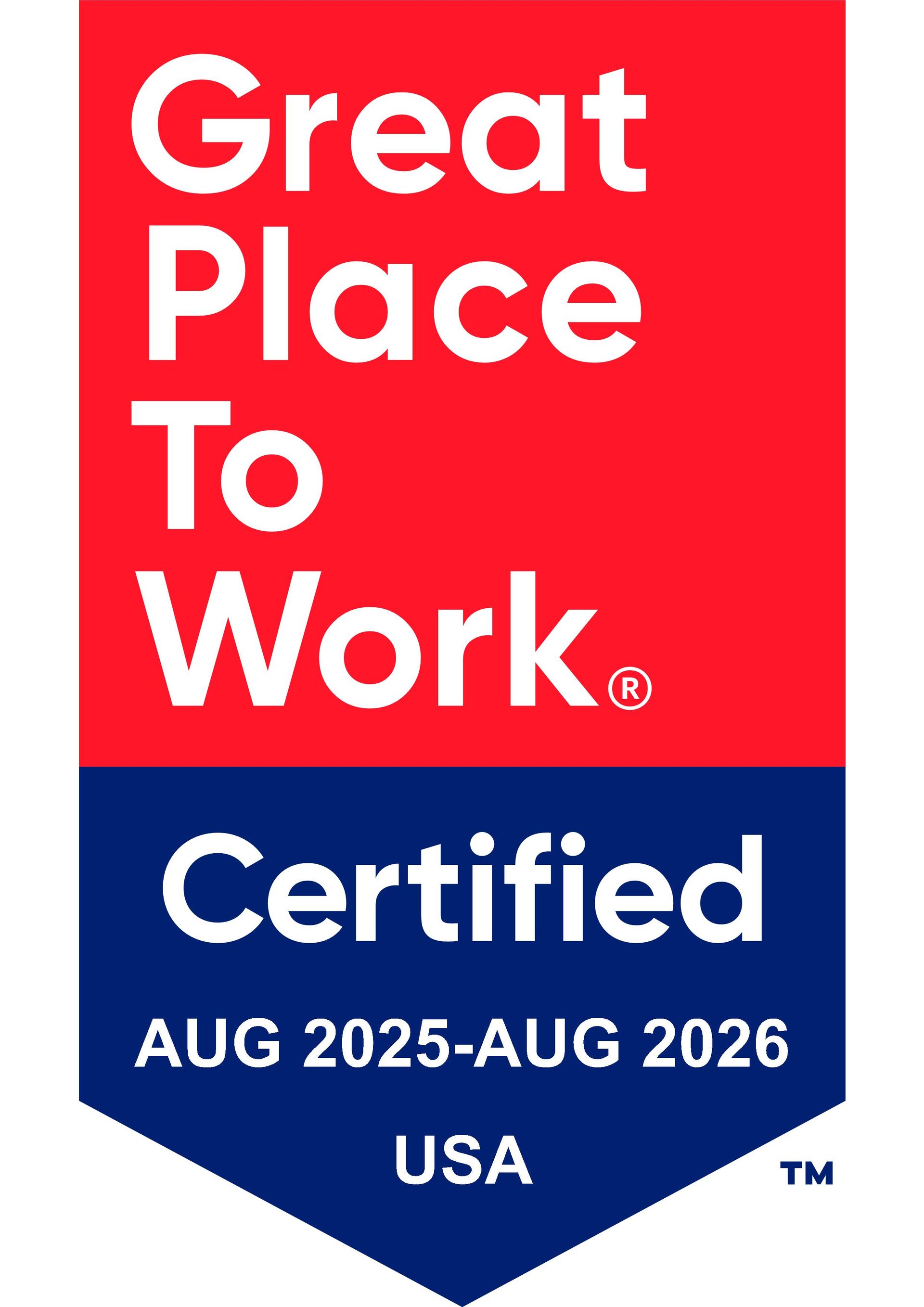by Chris Freitas
•
2 May 2025
When it comes to providing healthcare benefits, businesses today have more choices than ever before. One option that's gaining traction, especially among companies looking for greater flexibility and cost savings, is the self-funded health insurance plan. But is it the right move for your organization? Let’s dive into the pros and cons so you can make a more informed decision — and learn how partnering with benefits experts can make the process much smoother. What Is a Self-Funded Health Plan? In a traditional insurance model, employers pay premiums to a carrier that, in turn, pays out claims. With self-funding, employers flip the script: they directly cover their employees’ healthcare claims. Instead of handing money over to an insurance company each month, you’re holding onto those funds and paying claims as they arise. You can either manage the plan yourself or team up with a third-party administrator (TPA) who handles claims processing, regulatory compliance, and reporting. It’s a model that offers companies a lot more flexibility — but also demands a lot more attention. The Financial Upside One of the biggest attractions of self-funding is the potential for real, tangible savings. If your workforce is relatively healthy and claim activity is lower than expected, your business keeps the surplus. That’s a major contrast to traditional insurance, where unused premiums just go to the insurer’s bottom line. Self-funded plans also skirt around many state-level insurance taxes and regulations, reducing administrative costs. And because you aren’t paying a flat monthly premium, your business gains better cash flow management. Every dollar that stays in your operating budget longer is a dollar you can invest elsewhere. More Customization, More Control Self-funding also unlocks the ability to tailor your healthcare offering to match the needs of your specific workforce. You can choose the benefits you want to offer, decide which provider networks to partner with, and design cost-sharing structures that work for your company and employees. On top of that, you gain access to rich, detailed claims data. This information is a goldmine — it helps you spot trends, identify high-cost areas, and make strategic decisions to improve plan performance. Plus, because self-funded plans are primarily regulated by federal law (namely ERISA), multi-state employers can avoid the patchwork of different state insurance rules. Managing the Risk Of course, taking control means taking on more risk. If you have a few high-cost claims — think major surgeries or chronic conditions — your company could face significant expenses. That’s where stop-loss insurance comes into play. This coverage protects you by reimbursing claims costs that exceed a certain amount, either on a per-employee basis or in total across your group. Still, managing a self-funded plan requires careful oversight. You'll need to keep a close eye on claims, costs, and compliance to avoid any surprises. Reporting, Analytics, and Smarter Planning When you partner with the right TPA, you don’t just get help paying claims — you get actionable data. Regular reporting gives you insights into how employees are using their benefits, what’s driving costs, and where wellness initiatives could have the biggest impact. Using advanced tools like Claros Analytics, you can forecast future claim trends and adjust your benefits strategy proactively, rather than just reacting to problems after they arise. Important Considerations Self-funded plans offer many advantages, but they aren’t for everyone. Smaller businesses, or those without the financial cushion to absorb unexpected large claims (even with stop-loss insurance), might find the model too risky. It’s also important to carefully review the fine print on stop-loss policies. Some exclusions can leave employers unexpectedly exposed if a large claim doesn't qualify for reimbursement. Lastly, self-funding demands a level of engagement that fully-insured plans do not. Employers need to be willing and able to actively manage their plan, either through an in-house team or by working with experienced partners. Why More Businesses Are Making the Switch Despite the risks, more and more businesses — from large enterprises to growing midsize companies — are moving toward self-funding. They’re attracted by the potential savings, the ability to customize plans to match workforce needs, and the opportunity for better data-driven decision-making. If you’re weighing your options, it’s important to have the right expertise on your side. At KBI Benefits, we specialize in helping businesses build high-ROI employee benefits strategies, including custom self-funded solutions. Our experienced team can walk you through plan design, risk management, stop-loss options, and ongoing plan oversight, ensuring you get the most out of every dollar you invest in your people. Ready to explore whether a self-funded health plan is right for your business? Speak with a benefits expert today — and let’s start building a smarter, stronger benefits strategy together.




























